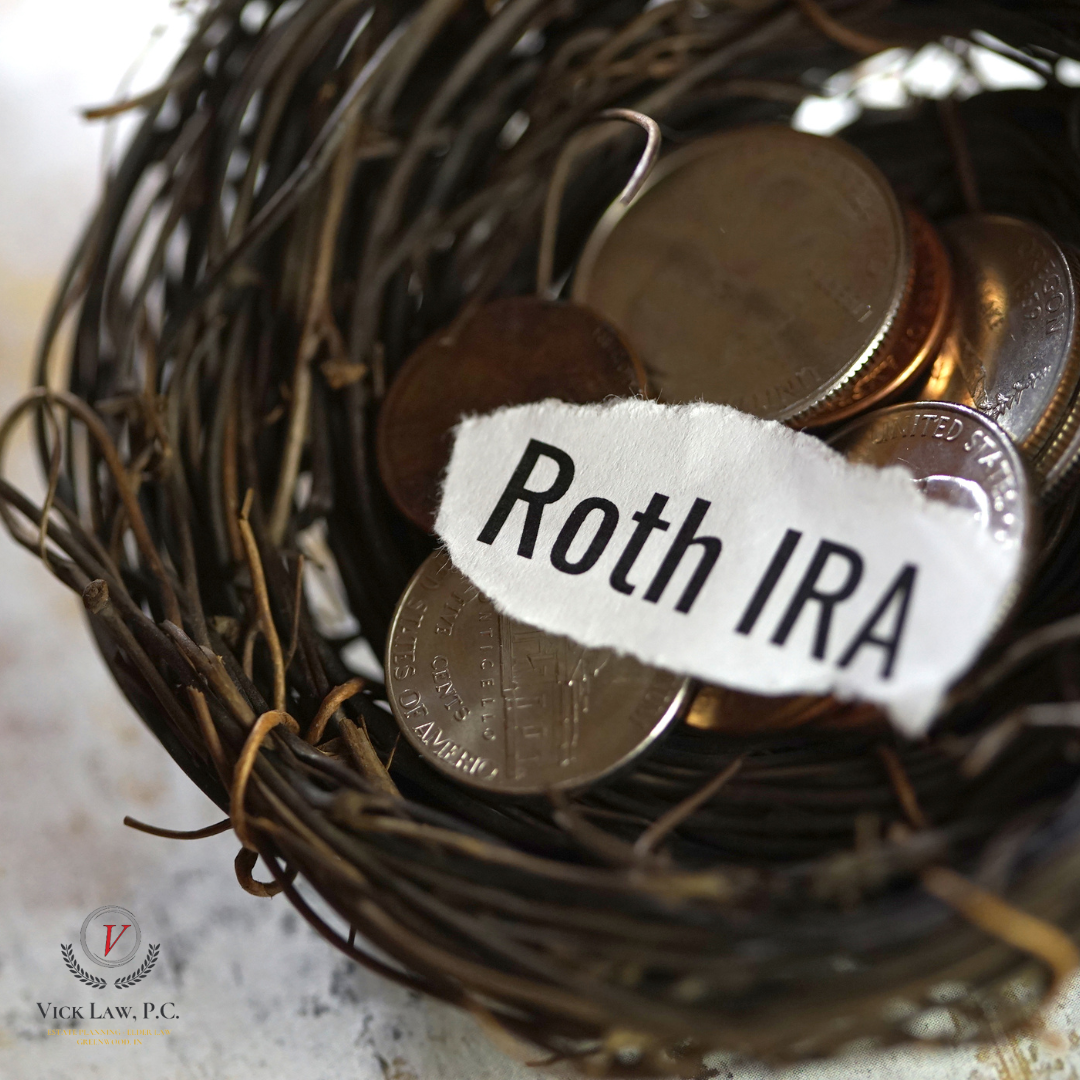Is a Roth conversion a good idea when the market is down? A stock market downturn may be a prime time for a Roth IRA conversion, reports CNBC’s recent article titled “Here’s why a Roth individual retirement account conversion may pay off in a down market.” This is especially true if you were considering a Roth conversion and never got around to it.
A Roth conversion allows higher earners to sidestep earnings limits for Roth IRA contributions, which are capped at $144,00 MAGI (Modified Adjusted Gross Income) for singles and $214,000 for married couples filing jointly in 2022.
Investors make non-deductible contributions to a pre-tax IRA, before converting funds to a Roth IRA. The tradeoff is the upfront tax bill created by contributions and earnings. The bigger the pre-tax balance, the more taxes you’ll pay on the conversion. However, the current market may make this a perfect time for a Roth conversion.
Let’s say you own a traditional IRA worth $100,000, and its value drops to $65,000. Ouch! However, you can save money by converting $65,000 to a Roth instead of $100,000. You’ll pay taxes on the $65,000, not $100,000.
According to Fidelity Investments, the first quarter of 2022 saw Roth conversions increase by 18%, compared to the first quarter of 2021. That was before the second quarter’s market volatility, which has been more dramatic.
The decision to do a Roth conversion can’t take place in a vacuum. Consider how many years of tax savings it will take to break even on the upfront tax bill. Weigh combined balances across any other IRA accounts, because of the “pro-rata rule,” which factors in your total pre-tax and after-tax funds to determine your tax costs.
Attractive features of the Roth IRA are the freedom to take—or not take—distributions when you want, and there are no taxes on the withdrawals. However, there is an exception, and it pertains to conversions—the five year rule.
If you do a conversion from a traditional IRA to a Roth IRA, you have to wait five years before making any withdrawals of the converted balance, regardless of your age. It’s an expensive mistake, with a 10% penalty. The clock begins running on January 1 of the year of the conversion. If you are close to retirement and will need funds within that timeframe, you’ll need other assets to live on.
However, there’s more. If the conversion increases your Adjusted Gross Income (AGI), it may create other issues. Medicare Part B calculates monthly premiums using Modified Adjusted Gross Income (MAGI) from two years prior, which means a higher income in 2022 will lead to higher Medicare bills in 2024.
Before doing a Roth conversion, evaluate your entire financial and retirement situation. Contact Vick Law, P.C., located in Greenwood, Indiana, today to create or modify your estate plan.
Reference: CNBC (May 10, 2022) “Here’s why a Roth individual retirement account conversion may pay off in a down market”


